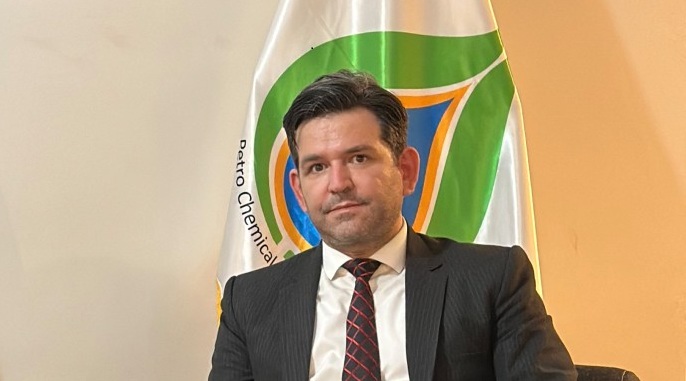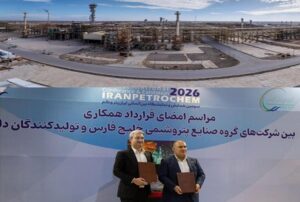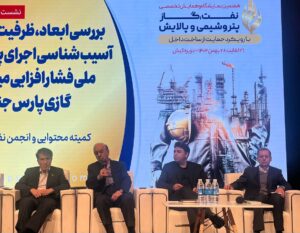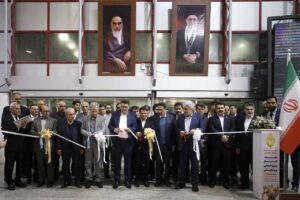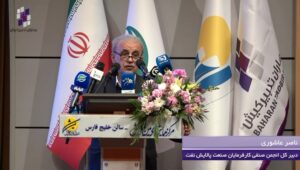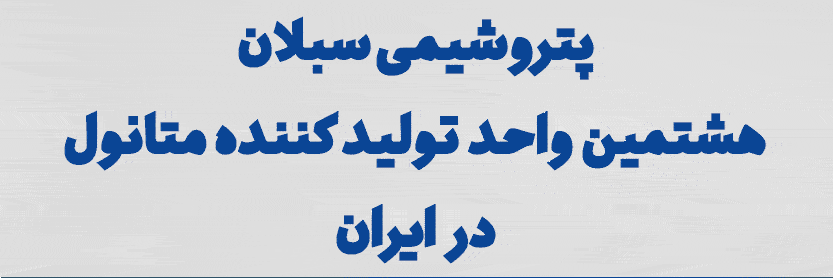During periods of economic sanctions, traditional international trade channels face severe limitations. In such circumstances, commercial diplomacy emerges as a strategic tool for maintaining and expanding economic relations. This article examines the results and achievements of employing commercial diplomacy during sanctions, with a focus on Iran’s experience.
Introduction
Sanctions aim to restrict a country’s access to global financial and trade markets. However, the experiences of countries such as Iran, Russia, Cuba, and Venezuela indicate that smart use of economic and commercial diplomacy can
mitigate some of the negative effects. Commercial diplomacy connects foreign policy and economic policy, leveraging bilateral and multilateral relations to develop trade.
Concept of Commercial Diplomacy: Commercial diplomacy involves official and unofficial activities of governments and private sectors aimed at facilitating exports, attracting investment, and expanding economic presence abroad.
Role of Commercial Diplomacy: During Sanctions During sanctions, commercial diplomacy becomes even more crucial because it provides access to alternative markets, uses regional networks and third countries for goods and currency transfer, enables barter or commodity exchange agreements, and diversifies financial and export channels.
Results and Achievements
Continuity of Essential Exports: Through engagement with friendly countries (China, Russia, India, and some Asian and African nations), export of oil, petrochemicals, and agricultural products has been maintained.
Formation of New Economic Alliances: Sanctions prompted countries to join non-Western alliances such as BRICS or the Shanghai Cooperation Organization, redefining global economic order.
Innovation in Financial Mechanisms: In the absence of systems like SWIFT, countries used local currencies, barter, and cryptocurrencies to conduct some transactions.
Strengthening Private Sector and Intermediary Institutions: Effective commercial diplomacy relies on active participation of companies and chambers of commerce, enhancing private sector involvement in economic policymaking.
Challenges and Limitations
Lack of institutional coordination, weak trade intelligence networks, high cost of indirect financial transfers, and political risk.
Conclusion
Commercial diplomacy in an age of sanctions is not only a survival tool but also an opportunity to redefine international economic relations.
Policy Recommendations
*Create a coordinated network between ministries.
*Train specialized commercial diplomats. – Use joint chambers of commerce as executive arms of economic diplomacy.
*Develop barter channels and bilateral currency agreements.
References: United Nations Conference on Trade and Development (UNCTAD), Reports on Sanctions and Trade. Hill, C.
(2020). The Role of Commercial Diplomacy in International Trade. International Journal of Diplomacy and Economic Studies. Iranian Ministry of Foreign Affairs, Commercial Diplomacy Reports, 2015– 2023. BRICS Economic Research
Group, Annual Report 2022.:(UNCTAD)

